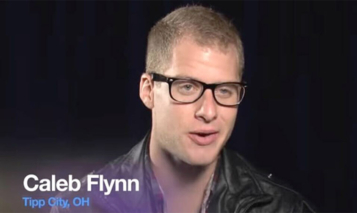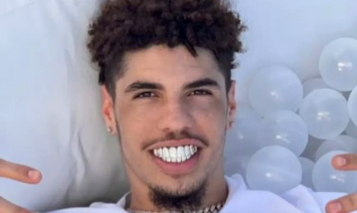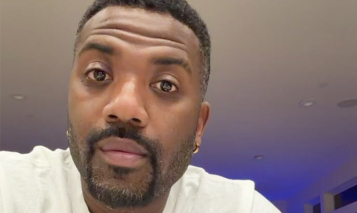
The U.S. Centers for Disease Control and Prevention (CDC) is ramping up HIV testing outreach efforts for Black homosexual men in the South.
In an ad campaign placed on blogs and websites frequented by Black males, the CDC promotes the hashtag #DoingItMyWay, “designed to motivate all adults to get tested for HIV and know their status.”
The ad shows a handsome young Black male posing seductively for the camera. The text urges adults to “Get tested. Share your story. Use the hashtag #DoingItMyWay.”
As part of the Act Against AIDS initiative, “Doing It” advises that HIV testing should be a part of everyone’s regular health routine. In other words, if you’re getting a blood test as part of a routine health screening, you should also get a HIV test.
Last year the CDC raised the alarm by announcing half of all Black males in the South will test HIV positive. The figures would imply that half of all Black males are homosexuals or have sex with men.
According to the CDC, Black men represent an outsized proportion of new HIV cases. Nearly two-thirds of all Black men diagnosed with HIV reside in the South, most predominantly in Atlanta, Georgia which has a large homosexual population.
The study looked at data from 2016 in 20 Southern states. The stats represents only the Black males who are being diagnosed and treated for HIV. A disproportionate number of Black males have not been tested and may not know they are HIV positive.
“Although black (men who have sex with men, or MSM) received 6 percent of the HIV tests provided, they accounted for 36 percent of the new diagnoses in non–health care facilities,” the study found.
“Black MSM in the southern United States are the group most affected by HIV, but only a small percentage of CDC tests in the southern United States are provided to this group,” the study stated.
“Increasing awareness of HIV status through HIV testing, especially among black MSM in the southern United States, is essential for reducing the risk for transmission and addressing disparities.”
The study recommends that volunteers fan out into the community to contact Black males in nontraditional settings, such as nightclubs, public parks and public restrooms, and in agencies that also provide general health care.
According to an award-winning series in The Atlanta Journal-Constitution, stigma, poor education and access to health resources have helped contribute to the low numbers of Black men being tested for HIV/AIDS.
One local organization that does volunteer outreach work in the community, AID Atlanta, lost its CDC grant shortly after being honored for its work in the community last year, according to the AJC.





